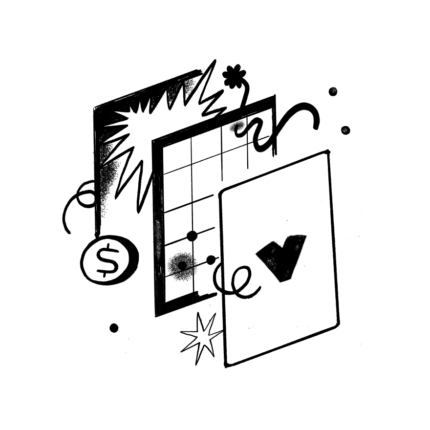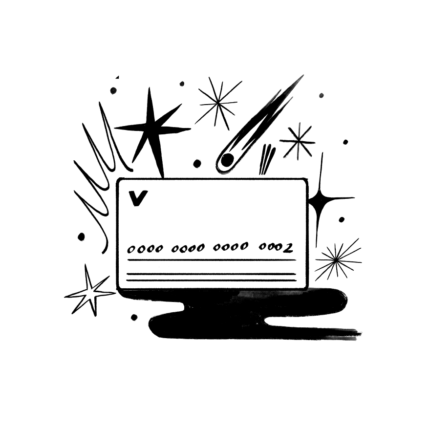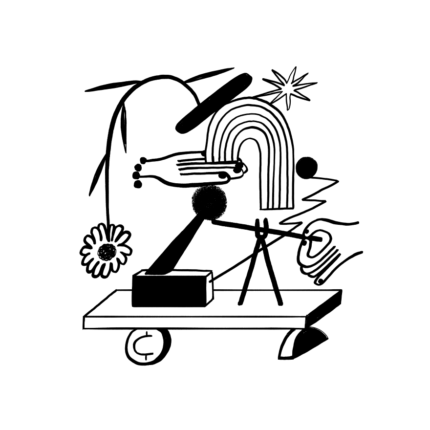
Is it time to withdraw from your HSA?
Times are tough and very strange. Here are some important questions to ask yourself about before reaching into that emergency account.
Hanging in there?
If you’ve been furloughed, laid off, or clients are pulling back on their contracts, it’s natural to feel freaked out. It’s not fun to think about how or if you’re going to be able to pay the bills. We get that.
However, as you’re reviewing your budget and income in these unique times, don’t forget one of many good financial decisions (hopefully) available to you, like contributing to your health savings account (HSA). It provides you with a safety net meant for these times, waiting to catch you should you absolutely need it.
The money in your HSA is yours, which means you can tap it in case of emergency. Just be aware that there are penalties associated with “non-qualifying expenses.” Before taking out funds from your HSA, take some time to figure out whether this is a smart financial move.
Here are some questions to ask yourself about before reaching into that emergency fund.
“Do I need to start paying for health insurance?”
If you’re temporarily out of work, you might find yourself without employer-sponsored health care for a while. One of the many perks of your HSA is that you can use your funds to pay for premiums on COBRA coverage while you’re out of a job. What is COBRA coverage? It’s essentially the same health insurance that you received from your employer, which most of them must offer to you for up to 24 months after you are no longer employed with them. Your HSA funds can cover this premium expense, and only this premium expense, while you are on COBRA.
But buyer beware! COBRA coverage can be really expensive! (Yes, that’s what your employer paid for your health insurance!). When you become unemployed, you also likely qualify for one of two other options: spousal coverage, AKA dependent coverage through your spouse/partner’s company plan, or ACA coverage, AKA Obamacare individual coverage, which can come with heavy subsidies that may make your monthly premium costs even less than they were through your company plan. Score!
To check on spousal coverage eligibility, ask your spouse to ask their company. Duh. To check on your eligibility for ACA coverage, go to healthcare.gov. And remember, you have 60 days from when your employer coverage ends to decide whether you want COBRA or ACA coverage. And also remember that it’s only COBRA premiums that are eligible for HSA payment.
“What do my savings look like?”
This is a super-important question to ask yourself because it’ll help you figure out what your cash flow situation is really like (not just what it feels like right now).
If you have any savings set aside in any of your bank accounts, check first to see how much you have available. Be sure to count up any funds that you’ve been setting aside for things like a vacation or other short-term goals.
Now tally up your expenses. What can you cut back on and which expenses are absolute essentials? Compare that amount to what you have in the bank. That’s how much time you have until things get really dire. Nerd Wallet offers a nice budget calculator that you may find helpful. Check it out here.
Should I take money out of my retirement account(s)?
Real talk: Avoid taking money out of any of your tax-preferred accounts—IRA, 401(k), HSA—at any costs. If you have the ability to borrow from friends or family, or even take out a small low-interest personal loan to cover costs in the short run, these may be better options than pulling out of your retirement accounts for two reasons:
- They are essential to your future. When you retire and stop working, these and Social Security benefits will be your primary, and possibly sole, sources of income. If you remove money now, you’re reducing your income in the future.
- You’re locking in market losses. As of this writing (early April), the stock market is down roughly one-third since the beginning of the year. That means that if you take money out of your account now, you’re basically taking it out at a third of its value just a few months ago. But if you keep it in for the long haul (i.e. until you retire), you’re likely to get your value back and then some, because that’s how retirement investment accounts are supposed to work.
These are unprecedented times for most people alive, so it’s absolutely possible that you have no choice but to take money out now. Just make sure to exhaust all other options if you do.
Will I be penalized for early withdrawals from retirement accounts and HSAs?
Under normal circumstances, you would incur a small penalty for early withdrawals from your retirement accounts, along with having the withdrawal amount being taxed as income. Of course, we are not currently living under “normal circumstances.”
Thankfully, the recent CARES Act passed by Congress to help with COVID-19 economic impacts temporarily removed the penalty and tax treatment for retirement account withdrawals. Sweet! So if you have to use these accounts as an emergency fund, at least you don’t have to worry about the additional tax and penalty hit for now. But FYI, that moratorium doesn’t include HSAs. So you’ll still incur a 6% penalty along with taxation as income for any amount withdrawn that is not a qualified medical expense.
“Ok, so what if I really do have to pull money from my HSA?”
You gotta do what you gotta do! But to repeat, our advice here is this: if you can keep your HSA funds where they are right now, and maintain a close eye on your savings and potential income situation in the short term… that’s your best bet.
And if you do need to dip into your HSA, start by digging out those qualified health expense receipts you’ve been saving and reimburse yourself, tax-free (assuming all purchases were qualified medical expenses!). If the receipts you’re reimbursing yourself with are for expenses that are not HSA-eligible, you’ll owe a tax penalty on the amount you withdrew… and now is no time to incur more costs.
When your income situation is back to a version of normal, then you can contribute to your HSA again and make up for those funds you previously pulled.
What’s so awesome about holding onto your receipts for as long as you can for a rainy day is that you’re letting your account compound and grow tax-free. You can also let the funds accumulate if you experience a rough patch in your finances. So if you need a few hundred dollars to pay rent this month, as long as you have that amount in receipts, you should be good to go.
We understand that trying to keep the lights on is a very stressful situation. However, your HSA can be there for you in your time of need, so use the money guilt-free if you need to.


